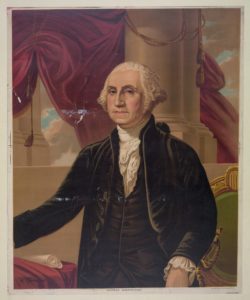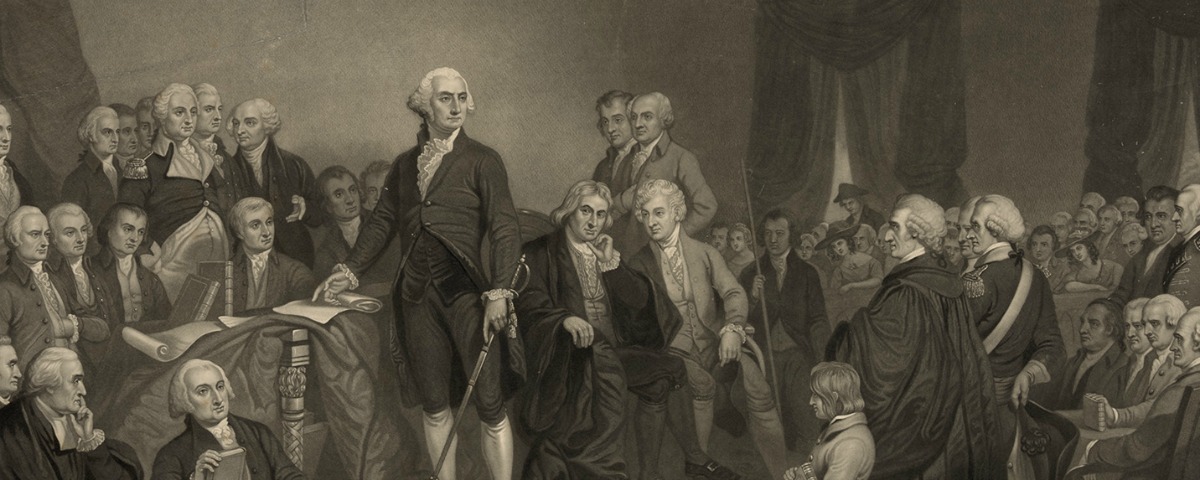Who doesn’t like a day off? Presidents Day has become an essential three-day American weekend, but do you know the reasoning behind the recreational break? Here are some little-known facts about Presidents Day:
“Presidents Day” is not its real name.
Congress recognizes not “Presidents Day” but “Washington’s Birthday,” honoring the first president of the United States, George Washington, with one of 11 congressionally certified holidays. “Presidents Day” is an informal moniker that in recent decades has gained popularity.
What About Abraham Lincoln?
Historically, Americans saluted Abraham Lincoln, born on February 12, 1809, and George Washington, born on February 22, 1732, on their respective dates—though Lincoln’s birthday has never been an official holiday. When President Richard Nixon signed into law the 1971 Uniform Monday Holiday Act making Washington’s Birthday an official holiday, the federal government set that as the third Monday in February, honoring all presidents.

It is Not George Washington’s Birthday
Until the mid-1700s, Britain and its American colonies went by the Julian calendar, named for Julius Caesar and eventually supplanted by the 16th century Gregorian calendar. By the Julian system, February 11, 1731, was the day young George was born. In 1752 Britain switched to the Gregorian calendar, recasting young George’s birth date to the one we know now.
Worshiping Washington
Americans were celebrating Washington’s Birthday long before it was official. In 1832, the first president’s centennial, Congress adjourned to honor him. On February 22, 1862, nearly a year into the Civil War, Secretary of State Edwin Stanton read Washington’s Farewell Address to the House and Senate, a ceremony repeated in 1888 and instituted as an annual Senate event in 1896. Since then the major parties have alternated annually in choosing a Senator to read the text, a performance that takes about 45 minutes. Each reader signs a book kept by the Secretary of State since February 22, 1900, when Senator Joseph B. Foraker (R-Ohio) gave the reading.





